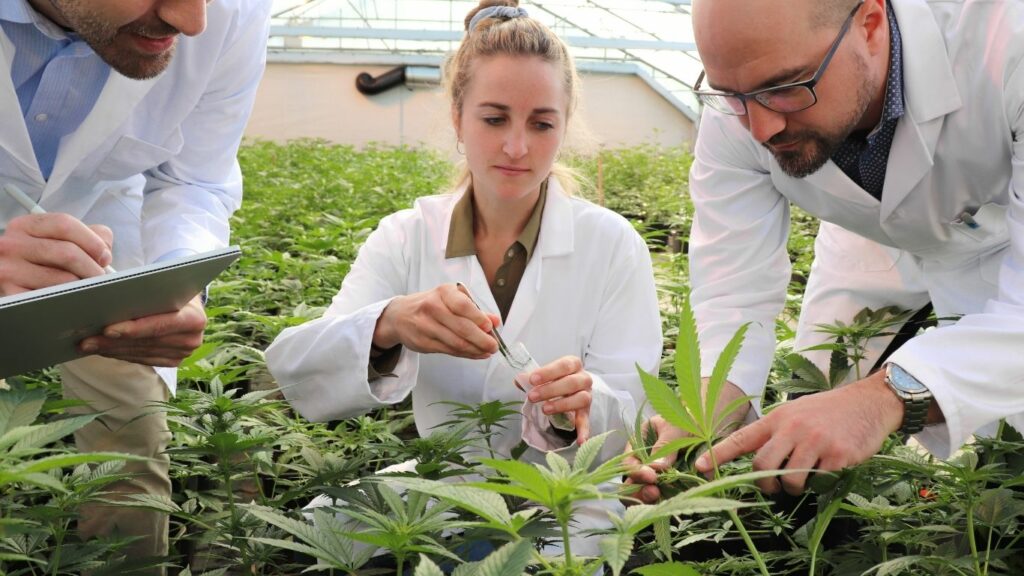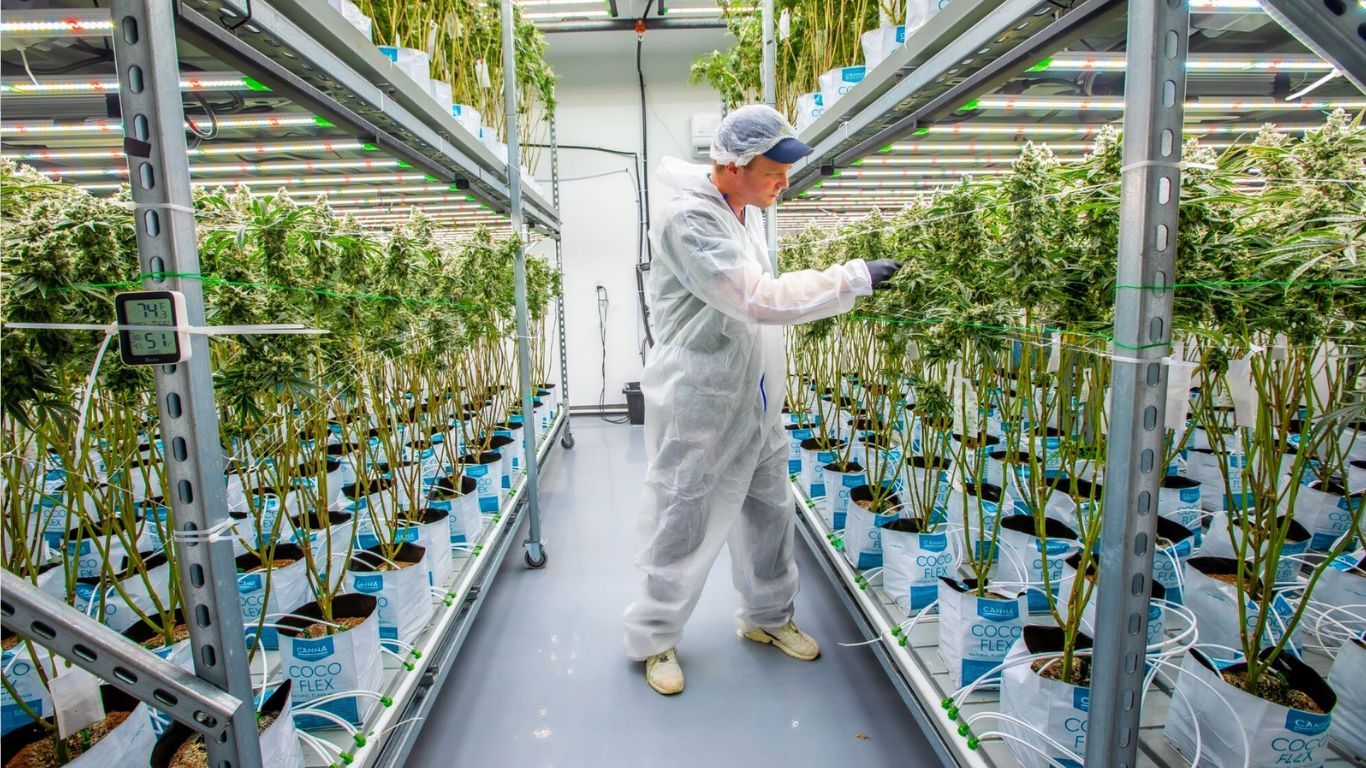
A Switzerland-based company is looking to work with Canadian cannabis producers to help them breed more stable, and unique varieties.
Puregene is a genomics-based plant breeding company that has spent the last several years building a data set for cannabis that they believe will revolutionize cannabis breeding around the world.
In 2018, Dr. Gavin George and his team began gathering data on the cannabis genome, pulling in millions of physical and chemical data points to better understand different aspects of the plant and how it expresses different qualities.
That’s not breeding, that’s just single plant selection.
Dr. Gavin George, Puregene
This is a breeding process already used in other agricultural crops like corn, rice, soy, and wheat. George and his team say cannabis is ripe to move into the 21st century as well.
“When people talk about breeding in the cannabis industry, it’s generally about taking a couple of plants with some good characteristics, crossing them together, and then looking at the progeny to identify plants that contain the most desirable traits by growing them out and seeing how they perform,” explains George.
“That was the height of technology about five thousand years ago when Mesopotamian farmers were starting to select grain. That’s not breeding, that’s just single plant selection.
“Modern breeding is something very different,” he continues. “You have to really understand the plant at a genetic level. You need enough information so you can build statistical models around it, and then you can drive it forward using really advanced computational methods. But that all requires data, and that’s what we’ve done for the last three years.”

Although Puregene has been working with cannabis growers in other parts of the world, they are only just beginning to move into the cannabis space in Canada—a move George says is exciting given just how diverse and robust the industry currently is.
“The Canadian producers have done almost the impossible. They’ve pulled together an enormous industry in a very short period of time. But most growers are still working with genetics selected through these old approaches to breeding. We want to change that.”
George explains that while most growers initially want to work with Puregene to help strengthen or “clean” existing varieties they may have been growing for some time—preventing various mildews, moulds, and hermaphroditic traits that can emerge over time—the real goal is creating new, unique strains for specific traits like novel cannabinoids, while also fine-tuning for the specific growing environments of a given facility or field.
Puregene develops partnerships with breeders, requiring a small amount of growing space within their facility to develop new varieties. They say they can deliver results in one year, all while working remotely from their base in Switzerland.
“The first thing we do when we move into a facility is we say that we’re going to reselect your current variety so that it performs just as well as it used to, if not better. Just to get them up to speed again.
“Then we also start a breeding program based on what their market is, and we can design that variety for them. So instead of being responsive to the market, which is the case today, they can be predictive. They can say this is what we need in two years, start working on it now, so we can integrate it into our production system.”
Most of Puregene’s revenue stream is based on profit sharing through partnerships with producers, which George says helps ensure they are focused on delivering results quickly that not only strengthens existing strains and creates new ones, but also improves bottom lines.
“For the last three years, we’ve just had our noses to the grindstone, generating this data so that we can breed this plant effectively. And we’re extremely excited to see what we can do to improve efficiency and quality for Canadian producers.”
Get in touch with Puregene at www.puregene.com.










